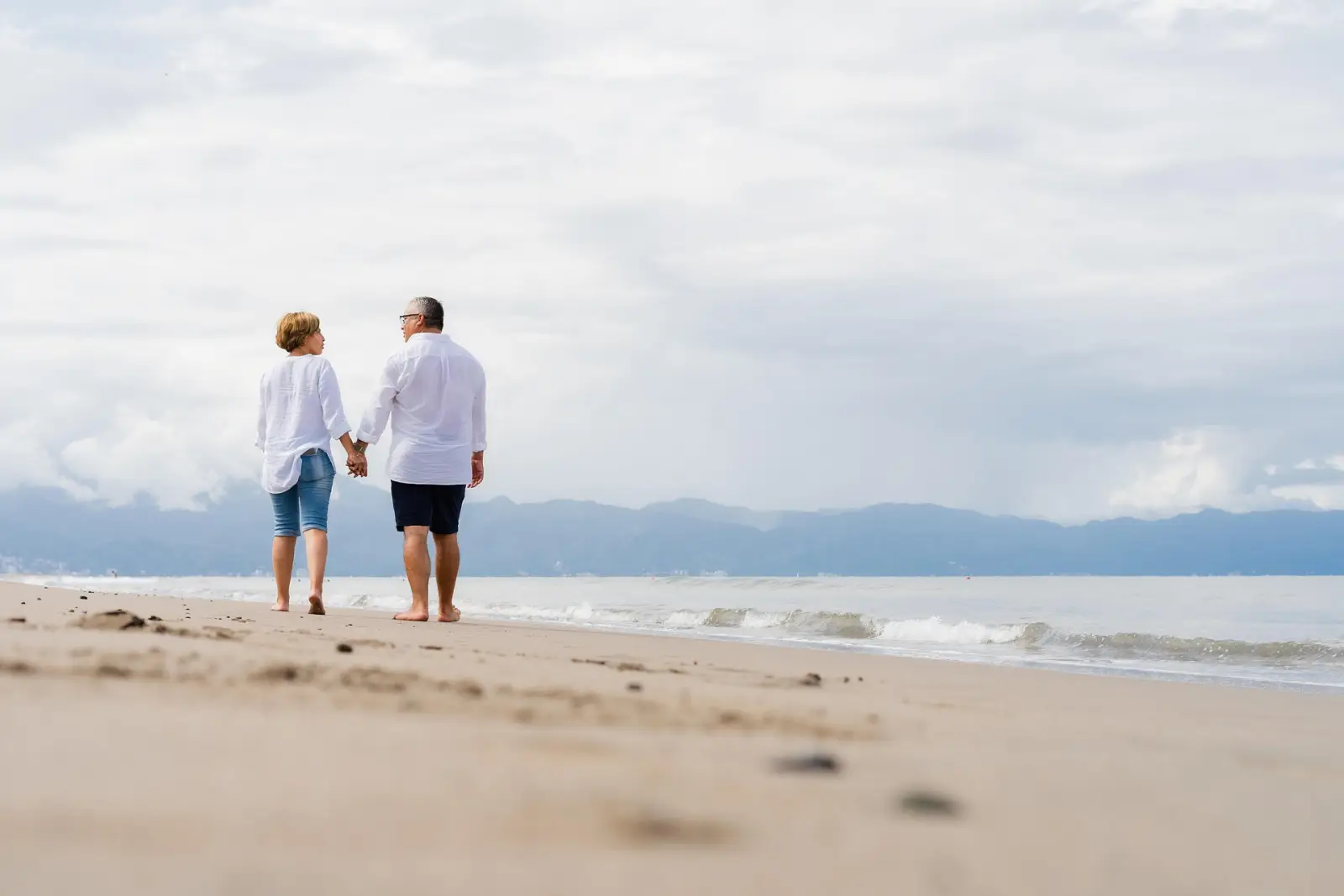Researchers at the Harvard T.H. Chan School of Public Health find out a low risk of COVID-19 transmission on aircraft.
The report provides evidence that it is possible to leverage technology and modify behavior to allow some near-normal activity while reducing the risks of disease transmission during the COVID-19 crisis.
Analysis from the report shows that ventilation of air on aircraft reduces the possibility of exposure to COVID-19, lower than other common settings, such as a grocery store or indoor restaurant. This effectively counters the proximity travelers are subject to during flights. Because of the frequent exchange of air and HEPA filters on planes, over 99% of the particles containing the virus are removed from cabin air.
The report concludes that the universal use of face masks, diligent cleaning protocols and advanced ventilation and filtration systems offer significant protection against COVID-19, lowering the risk of transmission on an aircraft to minimal levels.
The study determined that the use of face masks was “the most essential part of a comprehensive set of measures to reduce COVID-19 during air travel.”
“Our team found that, together with their high-performing ventilation systems, the actions that the airlines put in place-including mandatory use of face masks-significantly reduce risks of viral transmission aboard an airplane,” said Leonard Marcus, Co-Director of Aviation Public Health Initiative (APHI), a project of the Harvard T.H. Chan School of Public Health.
“With comprehensive adherence to these preventive measures by airlines and passengers, air travel, along with other sectors of society, can responsibly return to some level of normal activity as we await development of an effective vaccine.”
The APHI team also examined analyses conducted by the industry and government that model disease transmission on aircraft, combining those investigations with their own modeling. The findings report on current practices and opportunities to further reduce risks of disease transmission during air travel.
Recommendations for passengers include, first and foremost, wearing masks at all times except for very short periods to eat or drink. Additional recommendations include maintaining social distancing during boarding and deplaning, providing personal health attestations, and maintaining hand hygiene.
The study is sponsored by a consortium of aviation industry airline operators, manufacturers, and airport operators. While this is an independent report, to ensure a comprehensive understanding of the science behind COVID-19 mitigation, this project engages a wide scope of key players in the aviation industry which enables the research to take a systems approach to problem assessment and solution building.













